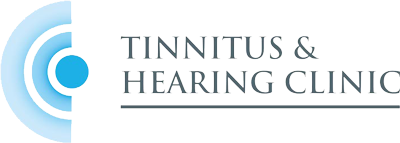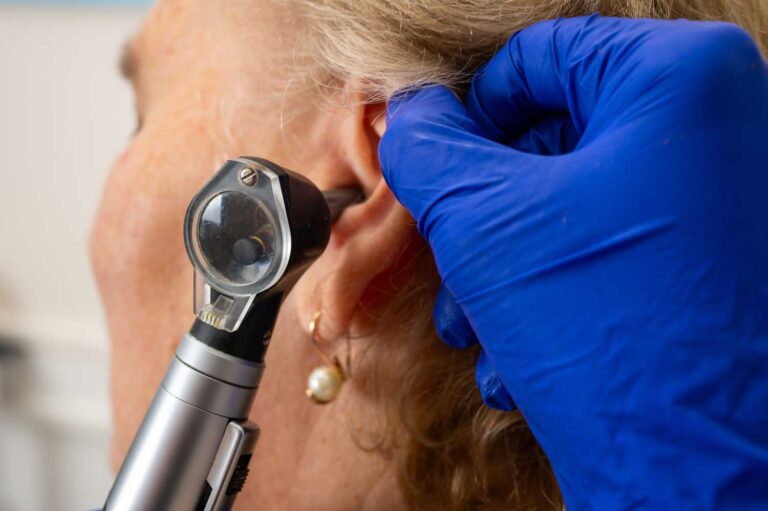Improving Access to Aural Care: A Growing Priority for Patient Wellbeing
Aural Care is a term used in audiology to cover procedures such as removing excess ear wax removal and keeping ears clean.
Access to timely, effective aural care is increasingly recognised as a critical component of patient wellbeing, particularly, with the NHS under growing pressure. More patients are turning to private audiology services and community-based clinics to manage routine but impactful ear health issues.
This is especially urgent for our older populations. According to the RNID, 42% of people over 50 in the UK experience some form of hearing loss. Alongside this, earwax blockage remains one of the most common, and easily treatable, causes of temporary hearing loss and tinnitus. Yet many patients face long waits for basic procedures like microsuction, particularly following NHS service reductions in recent years.
Private clinics are increasingly stepping in to meet demand, offering safe, specialist-led services such as microsuction and hearing screening without the long wait times. These services are not only vital for older adults but are also increasingly accessed by young people who wear earbuds regularly, musicians, and professionals exposed to environmental noise.
Where most people wouldn’t hesitate to visit an optician if they are having trouble reading or seeing well enough to drive, many people are waiting too long to visit an audiologist to check for ear wax and have their hearing checked.
In addition to wax removal, aural care now routinely includes tinnitus assessment and management. With over 7 million adults in the UK experiencing persistent tinnitus, evidence-based treatments such as sound therapy and cognitive behavioural therapy (CBT) are gaining traction.
Technology is also reshaping aural care. Digital otoscopy, remote consultations, and app-linked hearing aids are allowing more personalised and convenient care. For instance, patients can now receive initial triage remotely, engage in talk based therapy online and even enable audiologist to adjust hearing aid settings from a patient’s phone.
However, the expansion of aural care services outside of the NHS raises important questions about accessibility and affordability. Charities and health campaigners are calling for better public awareness of ear health and a renewed commitment to funding basic aural services across the UK.
In the meantime, clinicians continue to stress the importance of proactive care. It is advisable to not wait for discomfort, hearing loss or tinnitus to become severe. If your ears feel blocked, you hear ringing, or others tell you your hearing has changed, seek professional advice early. Aural health is too important to ignore.
As the healthcare landscape evolves, aural care is rightly earning its place as a cornerstone of preventative health, ensuring patients can hear, connect, and live fully at every stage of life.
The Tinnitus and Hearing Clinic offers both remote and in person appointments as a starting point to discuss your hearing and tinnitus concerns. To book your appointment please visit our Book an appointment page.


